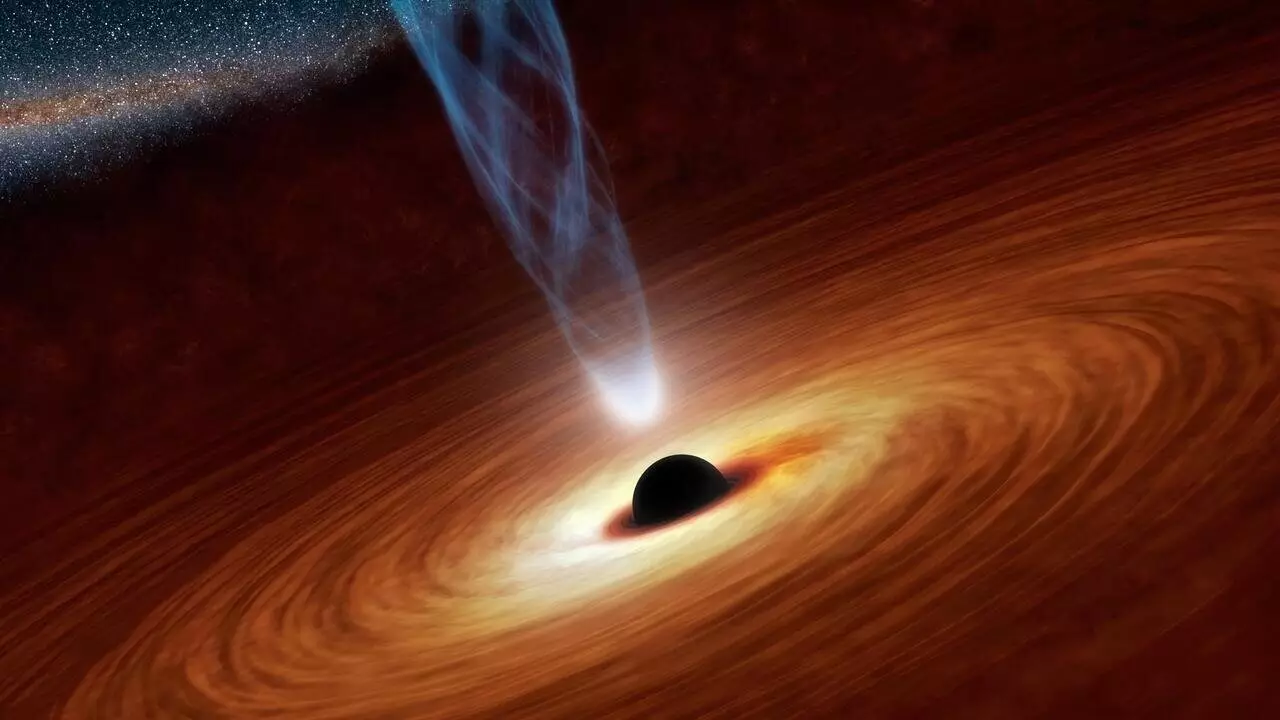In a groundbreaking new study by researchers at the University of Waterloo and Universidad Complutense de Madrid, the long-standing theory of kugelblitze, black holes formed by concentrated light, has been brought into question. The research, titled “No black holes from light,” challenges the existing notions of black hole formation and sheds light on the limitations imposed by quantum effects.
The team of researchers, led by Eduardo Martín-Martínez, delved into the intricate interplay between quantum effects and the collapse of energy in the form of light. While traditional theories suggested that an intense concentration of light could lead to black hole formation, the new mathematical model developed by the team revealed a fundamental flaw in this hypothesis. The concentration of light required to create kugelblitze was found to be unattainable due to the spontaneous creation of particles like electron-positron pairs, a phenomenon triggered by the strong intensity of light.
The research findings have far-reaching implications for the field of astrophysics and our understanding of the universe. While the impossibility of kugelblitze may come as a disappointment to some, the discovery represents a crucial advancement in fundamental physics research. By uncovering the limitations imposed by quantum effects on black hole formation, the team at the University of Waterloo and Universidad Complutense de Madrid has opened up new avenues for exploration and discovery in the realm of theoretical physics.
The study highlights the importance of collaboration between institutes such as the Perimeter Institute and the Institute for Quantum Computing at Waterloo in pushing the boundaries of scientific knowledge. By combining expertise in applied mathematics, theoretical physics, and quantum information, the researchers were able to challenge long-standing theories and pave the way for future innovations. While the immediate applications of this discovery may not be apparent, the groundwork laid by this research will undoubtedly shape the technological advancements of future generations.
The research conducted by the team at the University of Waterloo and Universidad Complutense de Madrid represents a significant advancement in our understanding of black hole formation and the role of quantum effects in shaping the universe. By debunking the theory of kugelblitze, the researchers have opened up new avenues for exploration and highlighted the importance of interdisciplinary collaboration in scientific discovery. While the road ahead may be challenging, the insights gained from this study will undoubtedly lead to further breakthroughs in the field of astrophysics and beyond.


Leave a Reply